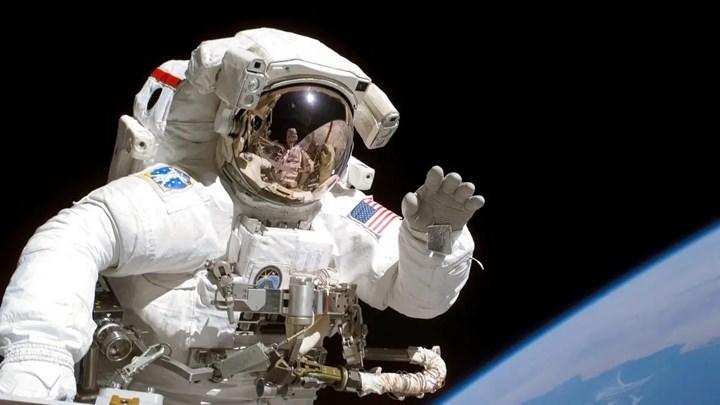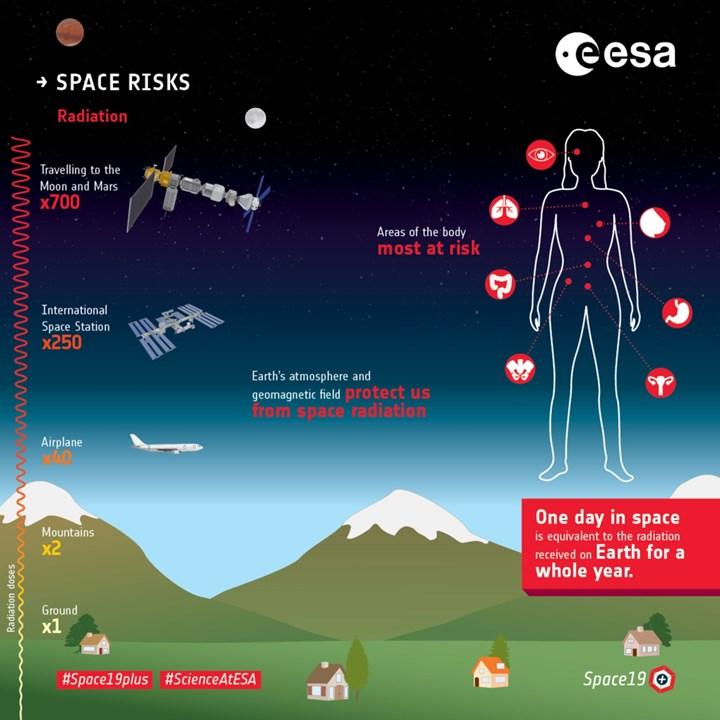
Blood samples from NASA astronauts who flew into orbit or higher using spacecraft were used in important research. The new study, the first of its kind, reveals for the first time DNA mutations potentially linked to spaceflight.
The article published in Communications Biology reveals extremely important data. Researchers from the Icahn School of Medicine at Mount Sinai completed the first-of-its-kind study that analyzed blood samples from astronauts who flew with NASA between 1998 and 2001. Blood samples from 14 astronauts revealed DNA mutations that increase the risk of cancer and heart disease and are potentially linked to spaceflight.
The Doomsday Glacier is about to break: What danger awaits Earth?
Blood samples were stored for 20 years

The researchers found that 14 astronauts from their study had a high frequency of somatic mutations in their genes. However, blood samples of the astronauts were taken 10 days before and immediately after their flight. The blood samples taken were cooled at minus 80 degrees and stored untouched for 20 years.
According to the statements made, it is stated that higher amounts of somatic mutations than normal increase the risk of cancer and other critical diseases. However, it should be noted that this research was carried out on astronauts who stayed in space for a short time. Because today, when both Moon and Mars bases are planned to be established, there are no definitive studies on how much astronauts will be affected in long-term space missions.